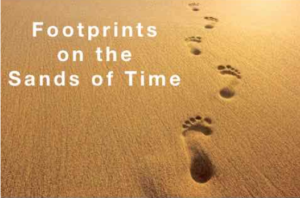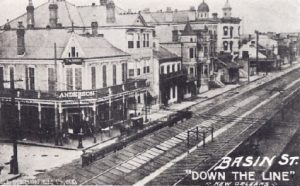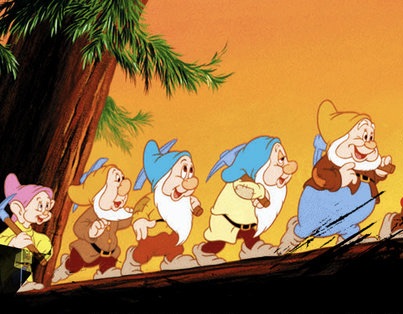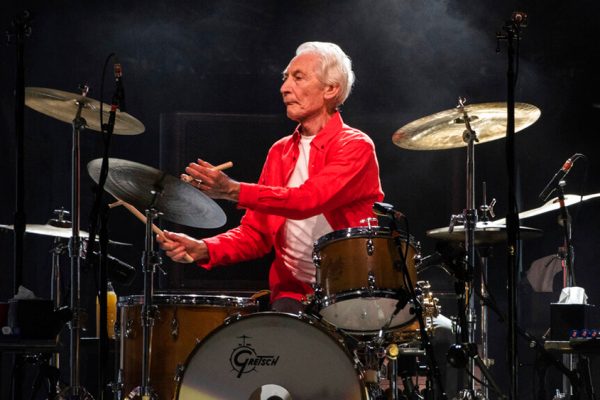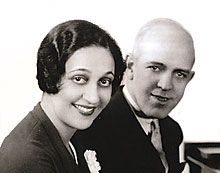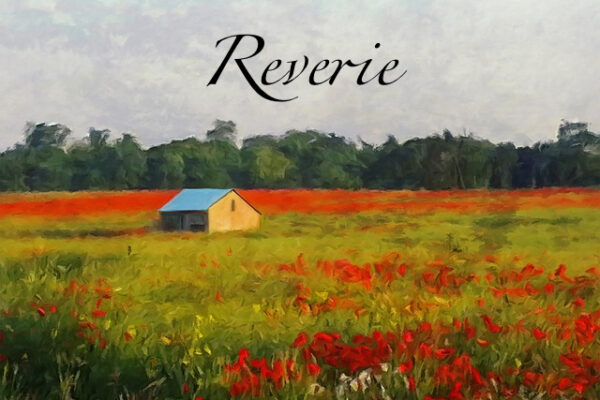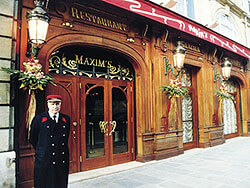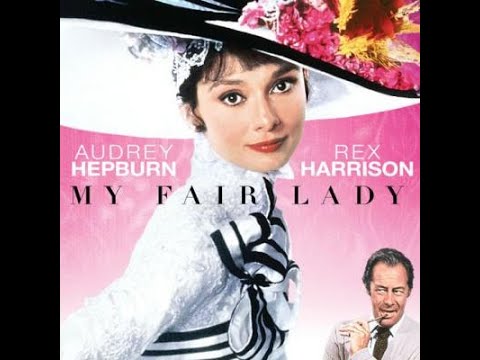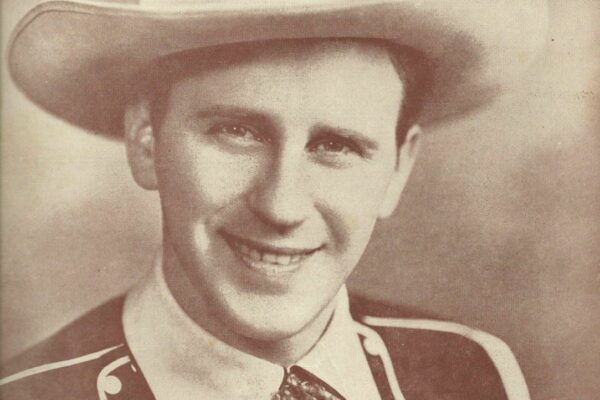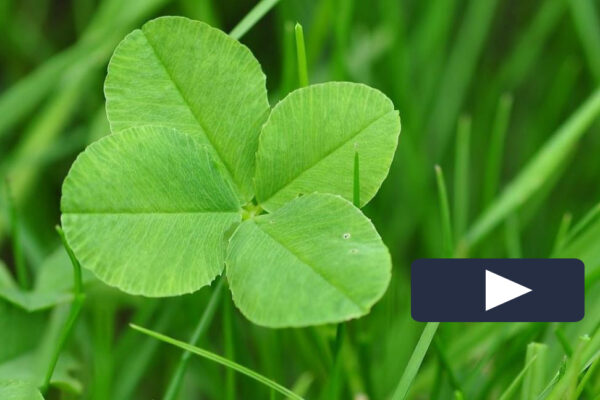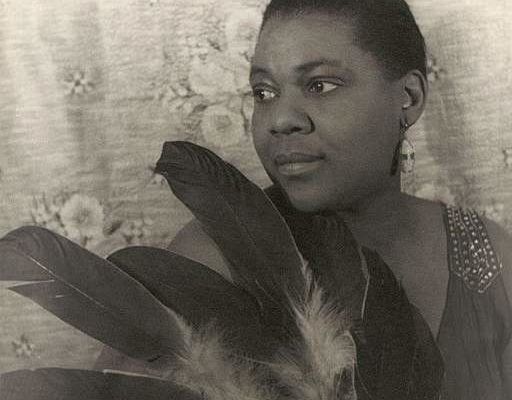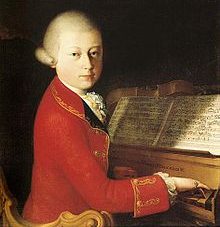Whistle While You Work This Labor Day, let’s celebrate by trying to make our work, whatever you do, more pleasurable and fun! Enjoy, Dr. Weiss Dedicated to Wendy L. and Bill B. “The secret of life is enjoying the passage of time.” James Taylor
 Welcome to my blog! My goal here is to get more personal – and simply share stuff with my friends, family, and patients! You can expect some posts on the latest advances in cosmetic surgery (although it seems like there’ll be a fair amount of music-related posts – they’re too much fun to make!) I also expect that we’ll have more contests and free stuff, special events and even very special guests!
Welcome to my blog! My goal here is to get more personal – and simply share stuff with my friends, family, and patients! You can expect some posts on the latest advances in cosmetic surgery (although it seems like there’ll be a fair amount of music-related posts – they’re too much fun to make!) I also expect that we’ll have more contests and free stuff, special events and even very special guests!
Paint It Black
August 25, 2021
Rolling Stones drummer Charlie Watts (Press arrow to play) Paint It Black Rolling Stones drummer Charlie Watts passed away today at the age of 80. Thanks for all the good vibrations Charlie! Dr. Weiss

